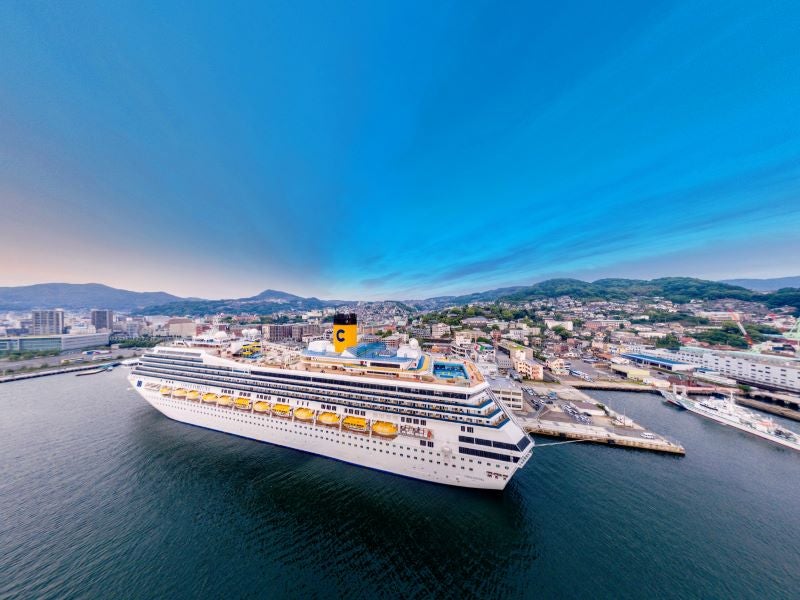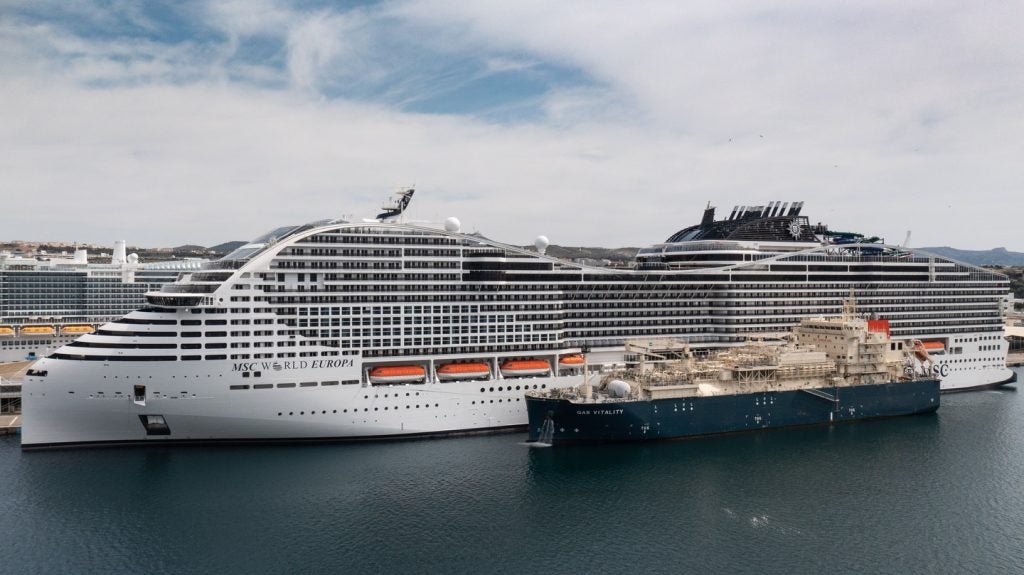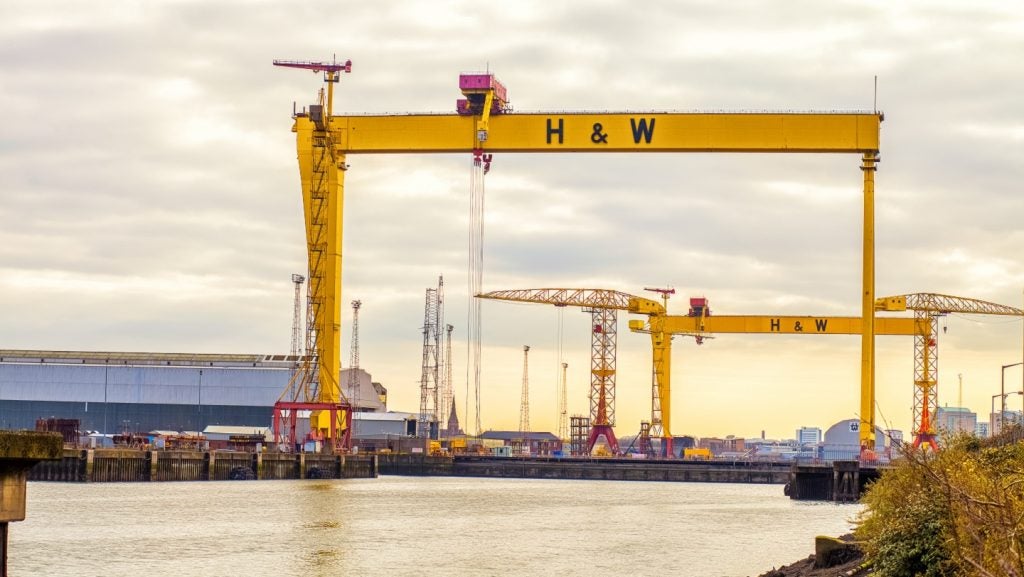
US-based cruise company Carnival has announced an upgrade to its global fleet in an effort to enhance its fuel efficiency and meet its sustainability goals.
Named Service Power Packages, the comprehensive technology upgrades will be undertaken across the company’s global fleet to optimise energy savings and reduce fuel consumption.
Also among the upgrades are ongoing installations on ships, which cover the firm’s nine cruise line brands and will continue into next year.
These brands are Carnival Cruise Line, Princess Cruises, Holland America Line, Seabourn, P&O Cruises (Australia), Costa Cruises, AIDA Cruises, P&O Cruises (UK) and Cunard.
Carnival’s upgrade programme is expected to help achieve an average of 5-10% fuel savings for each ship, as well as reduce fleetwide greenhouse gas emissions by more than 500,000t a year.
The company said that on completion, the programme is anticipated to generate more than $150m in annual fuel cost savings.
The programme will cover air conditioning upgrades to cabin and public areas and key improvements to cooling, lighting and automation systems.
It will also include the adjustment of variations in ship design, size and equipment.
The programme will mainly focus on comprehensive improvements to each ship’s hotel heating, ventilation and air conditioning (HVAC) systems, as well as technical system upgrades on each ship.
In addition, Carnival will carry out remote monitoring and maintenance improvements, as well as install modern LED lighting systems.
Carnival chief maritime officer Bill Burke said: “The Service Power program closely aligns with our long-term sustainability and decarbonisation goals and our highest responsibility and top priority, which is compliance, environmental protection and the health, safety and well-being of our guests, the people in the communities we visit, and our shipboard and shoreside personnel.”
In May this year, Carnival Cruise Line broke ground on a cruise port destination on Grand Bahama Island, which is expected to be opened by the end of 2024.




